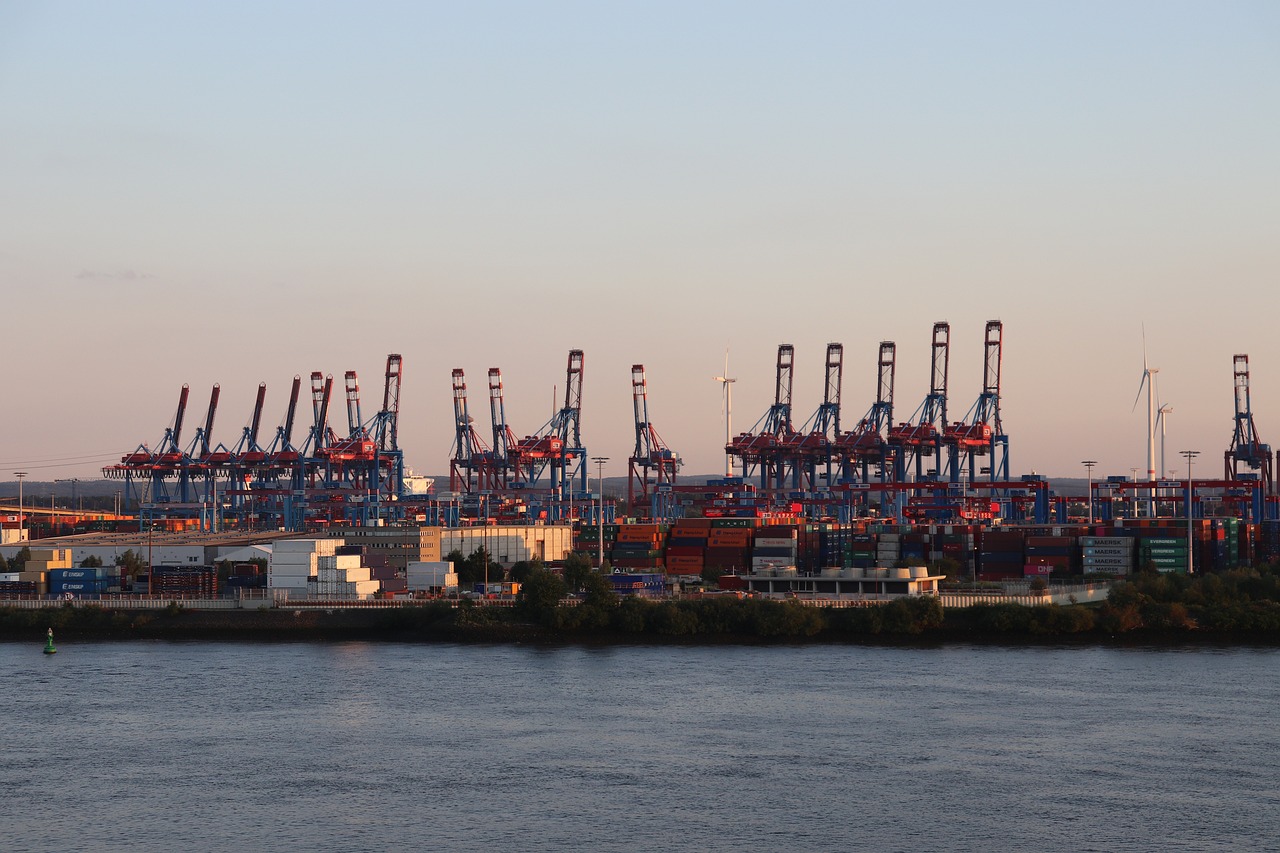US president Donald Trump will create a shipbuilding office within the White House and offer a number of new tax incentives for the sector.
The American president revealed the new shipbuilding plans in a 100-minute address to Congress last night in Washington DC.
There is strong speculation in US media that in the coming days, Trump will action many of the measures set out recently by the US Trade Representative (USTR) to attack China’s dominance in shipbuilding.
The Wall Street Journal reported that an upcoming executive order includes 18 measures, including raising revenue from fees on Chinese-built ships and port cranes entering the US.
The USTR has recommended potential fees of up to $1.5m per port call for Chinese-built vessels, $1m per port call for operators of Chinese-built ships, and mandatory US-flag shipping requirements.
Soren Toft, the CEO of Mediterranean Shipping Co (MSC), the world’s largest liner, weighed in on the USTR report at TPM, a container conference in Long Beach, earlier this week, telling delegates: “I think if it comes out in the present form, it’s going to have significant consequences. These costs either we will have to revise our network and withdraw our coverage or we will have to add that that cost on top of and ultimately the consumer will pay.”
“If the USTR’s proposal moves forward, it is likely to create significant disruptions in the global shipping market, particularly in the tanker and container vessel segments, by leading to higher freight rates, which could fuel inflation and raise logistical costs for US businesses,” Xclusiv Shipbrokers suggested in a recent report, adding: “Moreover, many shipowners may avoid US ports altogether to bypass the added costs, potentially leading to an imbalance in vessel supply and demand. This could strain global shipping capacity and result in higher costs for US trade, undermining the US government’s goals of boosting domestic production and strengthening exports.”
The US has a global market share of barely 1% in the global shipbuilding market, while China has more than 50%, up 10-fold this century.
In his long address to Congress last night, Trump continued his push to rename landmarks and vowed to rename the Panama Canal, repeating several false claims about its ownership.
In related news out of Washington, a bipartisan group of senators has introduced legislation aimed at monitoring and countering China’s expanding control over strategic ports worldwide, addressing what lawmakers call a direct threat to American national security and economic interests.
The Strategic Ports Reporting Act would require the secretary of state and secretary of defense to develop a comprehensive global mapping of ports considered vital to US military, diplomatic, economic, and resource exploration interests.
One Hong Kong port operator has just bowed to pressure from the new Trump administration with news yesterday that CK Hutchison had sold an 80% stake in its global ports network to BlackRock and MSC for $22.8bn.





